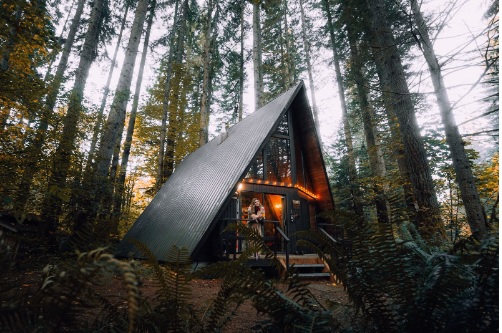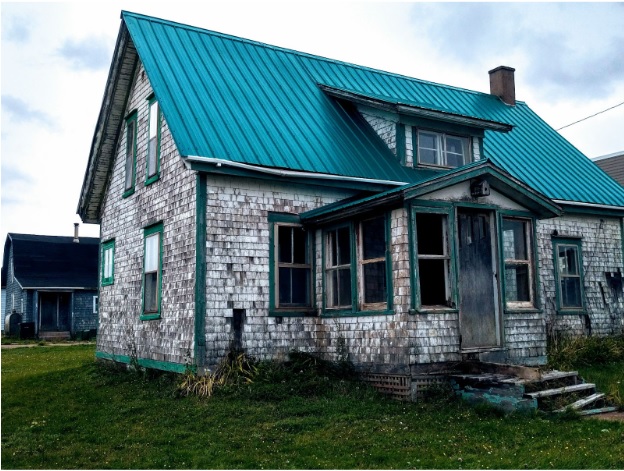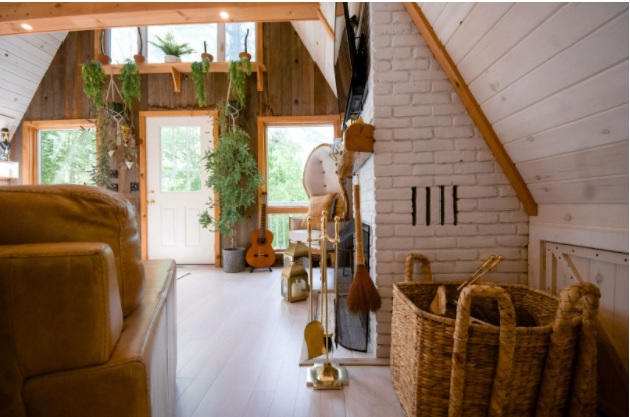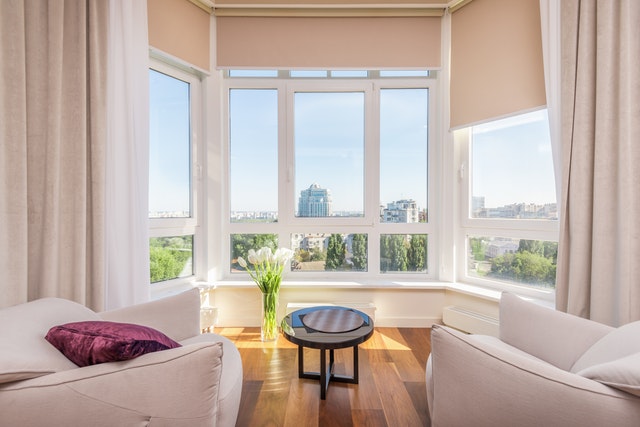
Over the years, the IRS has been cracking down on taxpayers taking advantage of the qualified business income (QBI) deduction. Because of that, some house flippers are wondering whether flipping houses can still qualify as a business.
So, let’s dive in and see what you need to know.
QBI Deduction: What Is It and Who Can Claim It?
QBI deduction is a tax break that allows business owners, freelancers, and independent contractors to write off up to 20% of their total taxable income. This effectively decreases the income tax they owe to the IRS. However, not everybody is eligible for it.
For instance, only business owners with pass-through income may take advantage of the QBI deduction. This includes the following:
- Sole Proprietors: An individual, such as a freelancer or independent contractor, who runs an unincorporated business
- Partnership Members: Two or more people who made a formal agreement to oversee a business together, sharing in its profits and liabilities
- S-Corporation Shareholders: People who own shares in an S-Corporation and include its income and/or losses on their personal tax returns
In short, you’ll have to double-check if you qualify for the tax deduction to take advantage of it, as there are some income limits and business types that may affect your eligibility.
What Does Not Count as QBI?
Now, not all income types qualify for QBI. In fact, there are nearly 20 different income types that the IRS does not consider as QBI. Here are a few of them:
- Income from out-of-country businesses
- Investment items (e.g., capital gains and dividends)
- Interest income not related to a business or trade
- Annuities received from something unrelated to a business or trade
Of course, as a house flipper, your only concern is if income from flipping is included on the IRS list. Well, it’s not specifically mentioned by the IRS. So, are you eligible for the 20% tax write-off?
Does House Flipping Qualify as QBI Deduction?
The law says that the QBI deduction will only apply to taxpayers who are sole proprietors of a business or trade, a member of a partnership, or a shareholder in an S-Corporation. So those in the fix-and-flip business will be eligible if your operations are conducted within one of these entity structures.
However, there are still rules dictating how much you can deduct from your total taxable income:
- If you’re single or unmarried and your total taxable income is less than $164,900, then you can deduct 20% of your qualified business income.
- If you are married and filing jointly with your spouse and your total taxable income is less than $329,800—then you can deduct 20% of your qualified business income.
Because of W-2 wage limitations, things become more complicated when your total taxable income exceeds these thresholds. If this is your situation, then it would be better to call an accountant for advice.
Confused? Don’t sweat it—here’s a quick example to help you understand QBI deductions better:
Let’s pretend that you’re a single-house flipper whose net operating income is $100,000 and W-2 wages are $50,000. Since you fall below the $164,900 threshold, you can deduct 20% from your net operating income, amounting to $20,000.
Assuming that you belong to the 24% tax bracket, this QBI deduction will save $4,800 on your tax bill.
Yes, House Flipping Qualifies as QBI Deduction
The QBI deduction has undoubtedly benefited a lot of industries, particularly real estate, where house flippers are now seeing more profits earned from every sale they close. But if you are still confused about the calculations, then we recommend working with a certified public accountant (CPA).
Calculating your QBI deductions is a huge headache and as a busy house flipper, you simply do not have the time for that. That is why you should consider joining the Real Estate Investors Association of Oakland County—our members have access to tons of resources that help them take their house-flipping business to new levels of success.
From landing sales on your fix-and-flip projects to help you determine your tax write-off, REIA has everything you need. Interested? Check out our website to see what your next steps should b
Calculating your QBI deductions is a huge headache—which you may not have the time for. Consider reaching out to REIA and our team of experts to help you with everything. Subscribe to our newsletter as well and join as a REIA member to attend our upcoming meeting!











